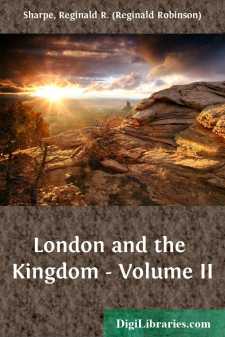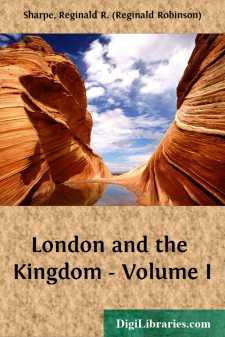Categories
- Antiques & Collectibles 13
- Architecture 36
- Art 48
- Bibles 22
- Biography & Autobiography 813
- Body, Mind & Spirit 142
- Business & Economics 28
- Children's Books 17
- Children's Fiction 14
- Computers 4
- Cooking 94
- Crafts & Hobbies 4
- Drama 346
- Education 46
- Family & Relationships 57
- Fiction 11829
- Games 19
- Gardening 17
- Health & Fitness 34
- History 1377
- House & Home 1
- Humor 147
- Juvenile Fiction 1873
- Juvenile Nonfiction 202
- Language Arts & Disciplines 88
- Law 16
- Literary Collections 686
- Literary Criticism 179
- Mathematics 13
- Medical 41
- Music 40
- Nature 179
- Non-Classifiable 1768
- Performing Arts 7
- Periodicals 1453
- Philosophy 64
- Photography 2
- Poetry 896
- Political Science 203
- Psychology 42
- Reference 154
- Religion 513
- Science 126
- Self-Help 84
- Social Science 81
- Sports & Recreation 34
- Study Aids 3
- Technology & Engineering 59
- Transportation 23
- Travel 463
- True Crime 29
Our website is made possible by displaying online advertisements to our visitors.
Please consider supporting us by disabling your ad blocker.
London and the Kingdom - Volume II
Description:
Excerpt
(M1)
The proclamation announcing James VI of Scotland to be "by law, by lineal succession and undoubted right," heir to the throne of England, now that Elizabeth was dead, illustrates again the ancient right of the citizens of London to a voice in electing a successor to the crown. The document not only acknowledges the assistance received by the lords of the realm from the lord mayor, aldermen and citizens of London in determining the succession, but at the very head of the signatories to the proclamation stands the name of "Robert Lee, Maior," precedence being allowed him over the primate and other lords spiritual and temporal.(1)
(M2)
Whatever failings the new king may have had, he possessed sufficient shrewdness to know the value of the favour of the City, which he hastened to acknowledge with "thankfull mynde" within a few days of his accession.(2) A reply was sent to the king’s letter the following day, signed by the mayor and aldermen, in which, after expressing their twofold feelings of sorrow and joy—sorrow at losing a mother in the late queen and joy at gaining a father in the person of the new king—they declared they had used all their powers to advance his just claim to the crown, and would preserve the city of London, the king’s Chamber, against every enemy at home or abroad. He was invited to notify his wishes to them through their secretary or remembrancer, "Mr. Doctor Fletcher," whom they sent as their special messenger.(3) The king returned for answer, that although he had been already aware of the City’s forwardness in joining with the nobility in proclaiming him rightful successor to the crown, he was pleased to learn from their trusty messenger that the citizens had advocated his cause not only from the consciousness of its being a just one, but also because they were assured of his zeal for the preservation of religion.(4) This was one of James’s mystifying remarks which he was accustomed to throw out in order to raise the hopes of the Catholics, who questioned his title to the crown, whilst affording no cause for alarm or discontent among the Protestants.
(M3)
On the 5th April James left Edinburgh for London, where every precaution was taken to prevent disturbance by ridding the streets of rogues, vagabonds and "masterless" men.(5) He proceeded southward by easy stages, accompanied by a long retinue of Scotsmen, until he reached Theobald’s, at that time the mansion house of Sir Robert Cecil, but soon to become a royal hunting-lodge. On the 19th the mayor issued his precept to the livery companies to prepare a certain number of members to accompany the mayor in his attendance upon the king, who was shortly expected in the city. It was intended that not only the mayor and aldermen but also the full number of 500 of the "best and gravest" citizens should wait upon his majesty on horseback, clothed in coats of velvet with velvet sleeves and adorned with chains of gold, and each accompanied by "one comlie person, well apparelled in his doublet and hose," on foot....



